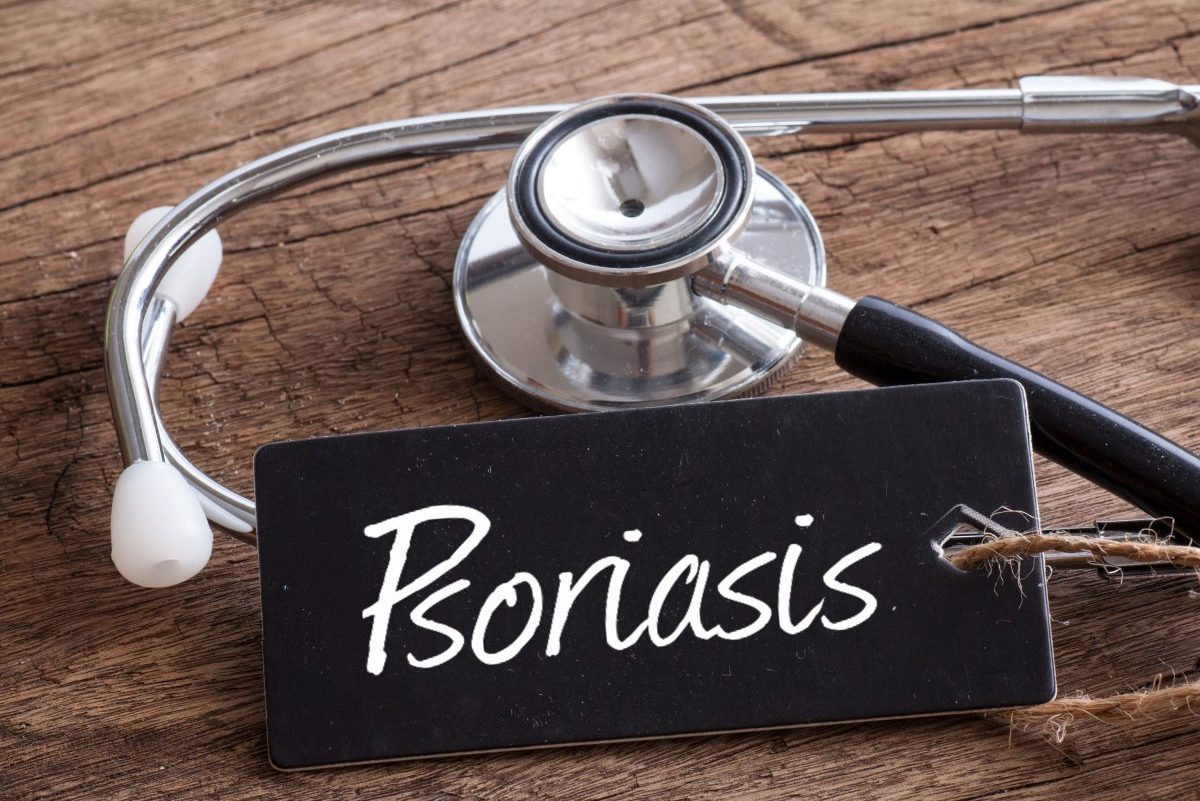Moore Clinical Research | Juan Brand
If you’re enduring excessively dry, thick skin, you may be experiencing psoriasis. Psoriasis vulgaris—or as television commercials like to refer to it, “chronic plaque psoriasis—is characterized by scaly, elevated plaques on the skin. These plaques can affect any area of the body where there is skin; manifestation of psoriasis on the scalp is Scalp Psoriasis and can be present without any other area of the body affected. Additionally, with scalp psoriasis, these symptoms can also present themselves on the hands and toe nails, yet do not affect the texture of the hair.
How does someone get psoriasis?
At the time of this writing, the conditions for onset of plaque psoriasis are not completely understood. What is known, however, is that psoriasis is not something that can be contracted by exposure. In other words, plaque psoriasis is not a contagious condition. It is brought on by one’s own immune system, resulting in the rapid growth of keratinocytes, a special cell of the skin. These keratinocytes replicate every 3-5 days instead of 28-30 days—how normal healthy skin cells should—which results in the formation plaques.[1]
How do I know if I have Plaque Psoriasis?
One way to know if you have plaque psoriasis is to come in to one of our offices during an active body psoriasis study. Our physicians, nurse practitioners, and nurses are expertly educated to identify psoriasis. Similarly, anyone with concerns of psoriasis around the scalp are welcome to come to our offices during an active scalp psoriasis clinical trial.
How can I treat my psoriasis?
One option is to come into one of our clinics during one of our active body and scalp plaque psoriasis studies, our patients are given an opportunity to receive medication that is used to treat psoriasis. Additionally, our patients are compensated for their time and travel in their participation of our studies. If you have any questions, our medical providers can relieve any doubts you may have. You can also call us at any time and make an appointment! 813-948-7550
1. Parrish, Liz. “Psoriasis: Symptoms, Treatments and Its Impact on Quality of Life.” British Journal of Community Nursing, vol. 17, no. 11, 2012, pp. 524–528., doi:10.12968/bjcn.2012.17.11.524.


